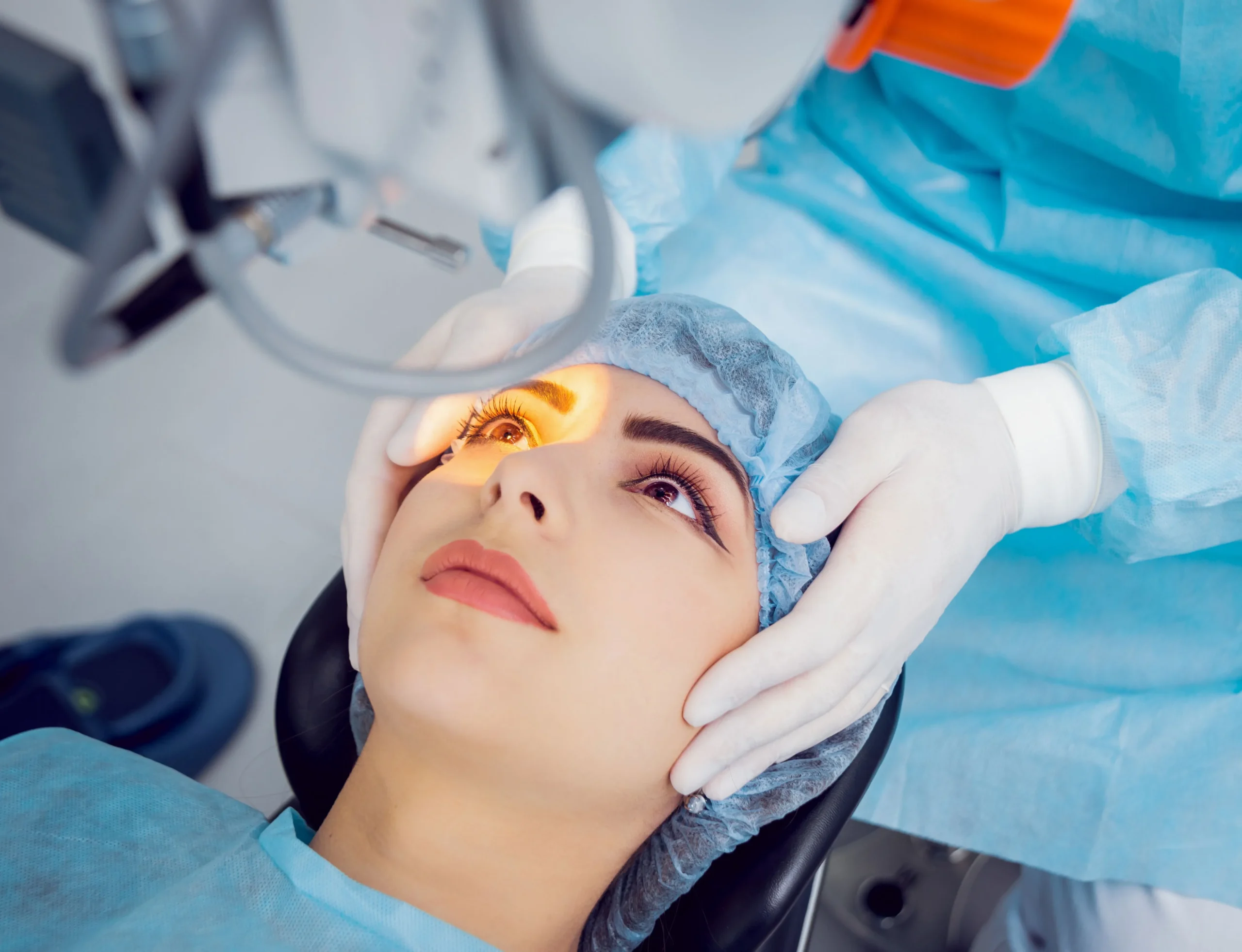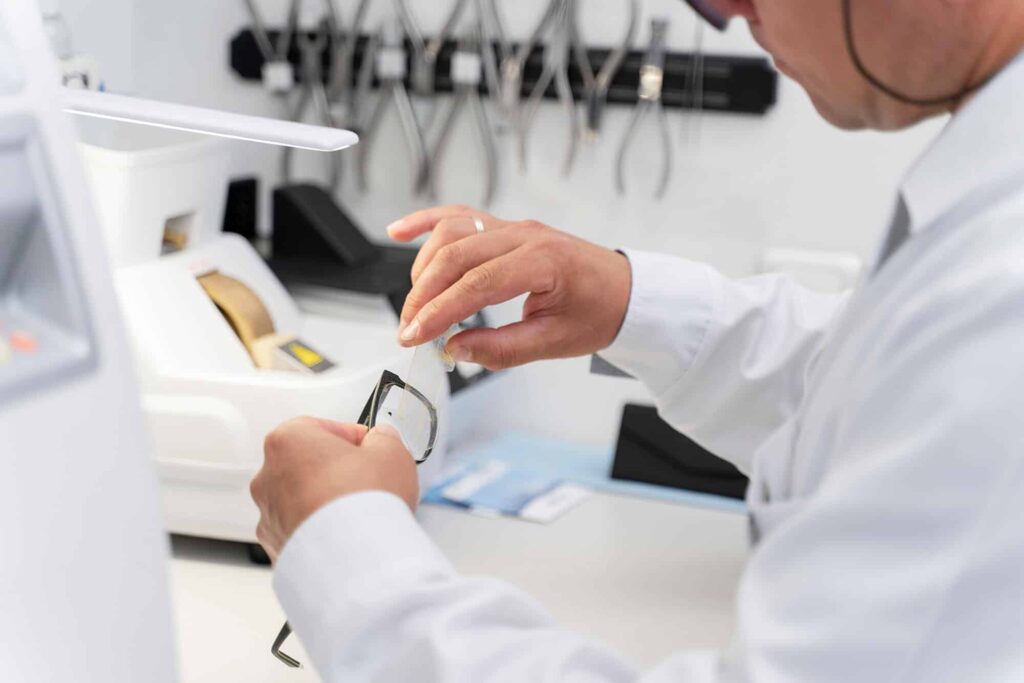
What is PRK?
PRK, or Photorefractive Keratectomy, is one of the earliest forms of laser vision correction and remains a safe, effective option for treating myopia (nearsightedness), hyperopia (farsightedness), and astigmatism. Unlike LASIK, PRK does not involve creating a corneal flap. Instead, the surface layer (epithelium) is gently removed, and the underlying corneal tissue is reshaped with an excimer laser.
PRK is especially suitable for patients with thin corneas, dry eye, or active lifestyles where flap-related complications from LASIK may pose a higher risk.





